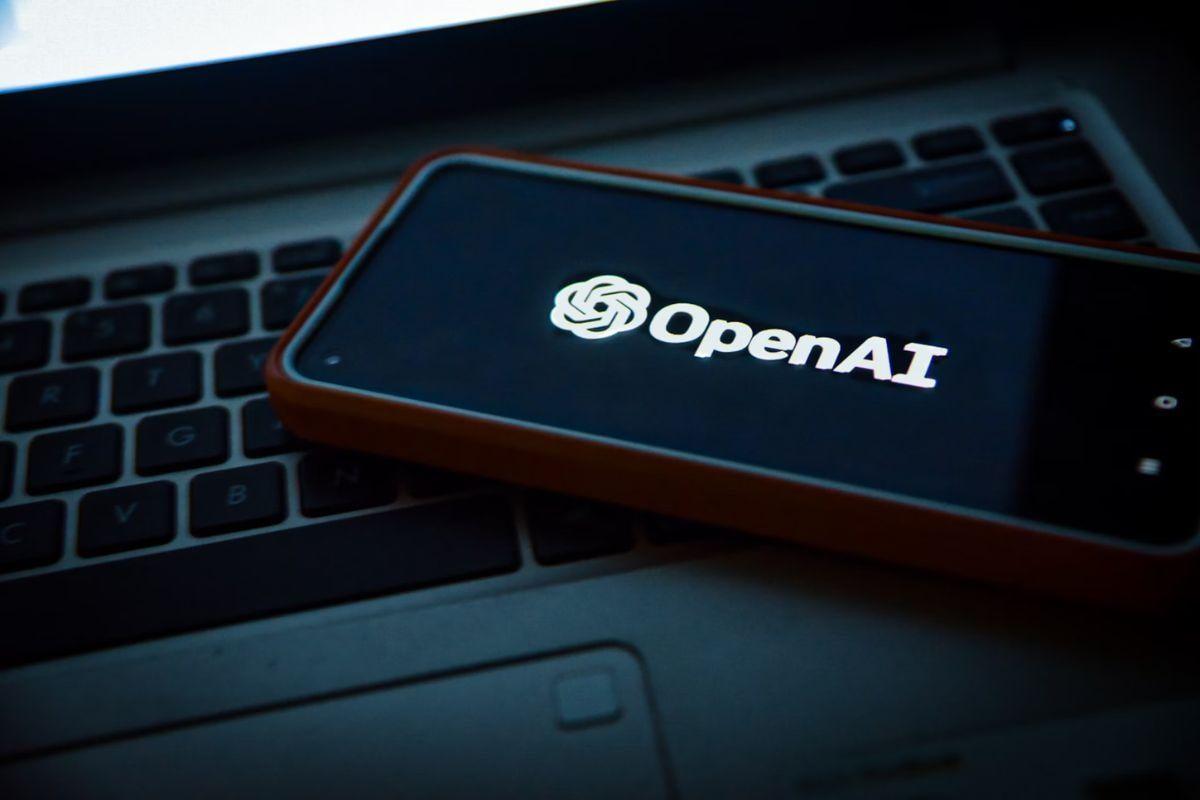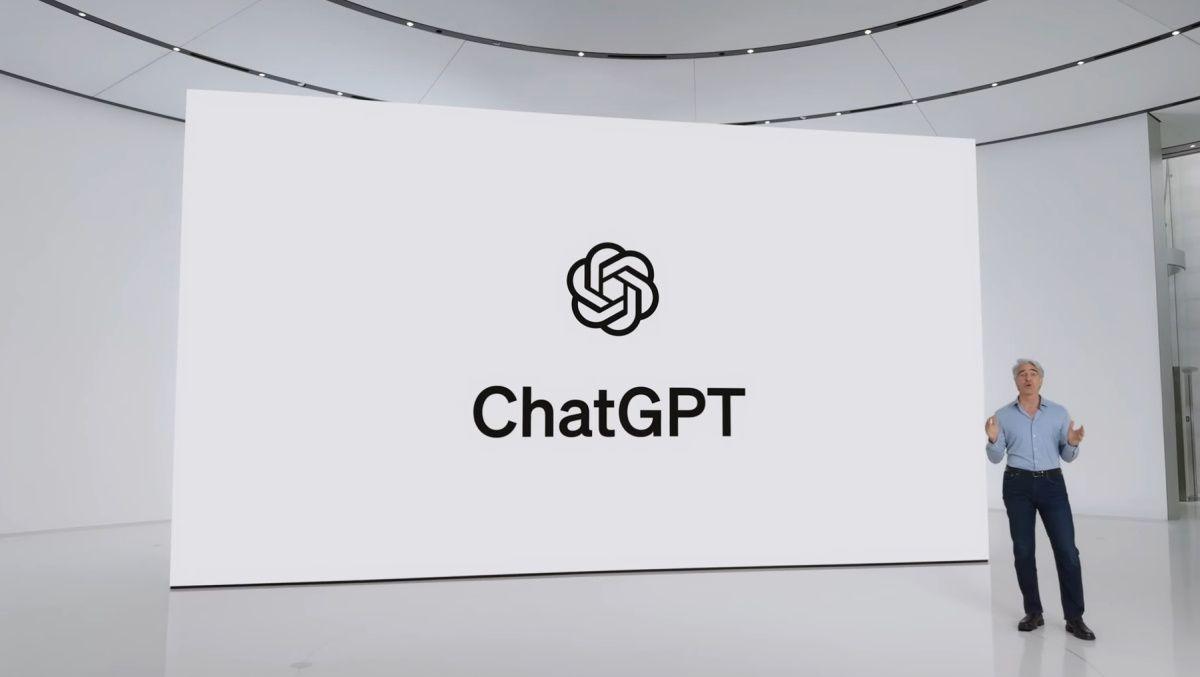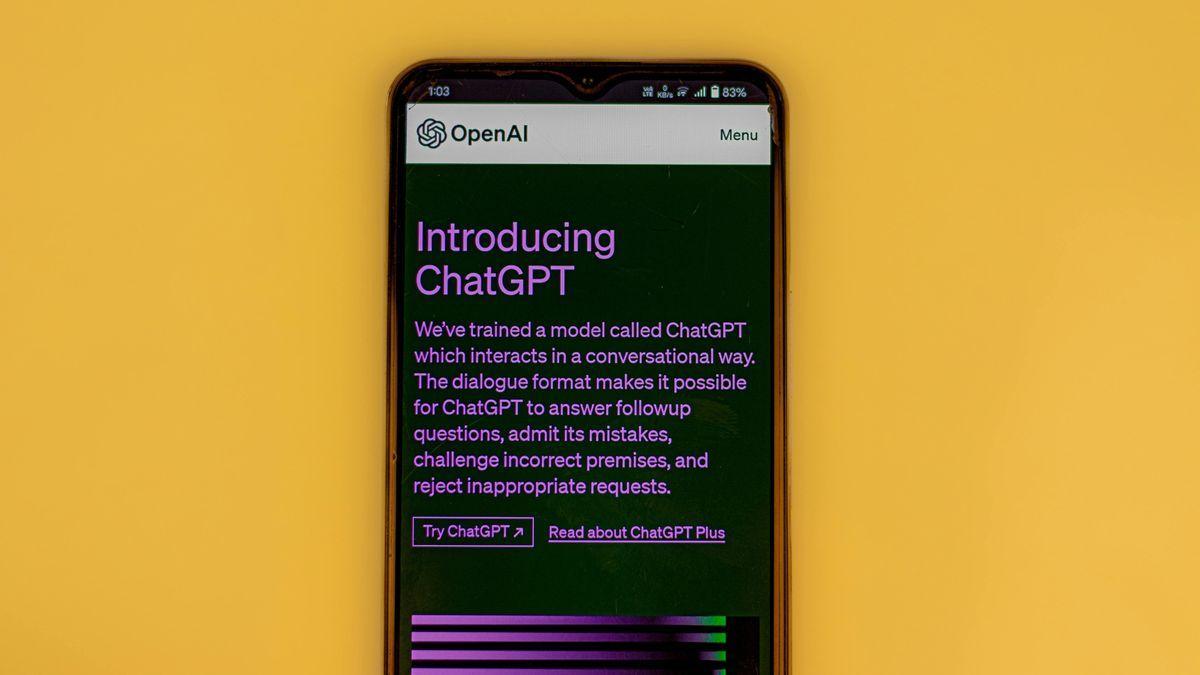OpenAI Considers Memory-Based Advertising on ChatGPT as Revenue Pressures Mount
3 Sources
3 Sources
[1]
OpenAI is going Meta route, as it considers memory-based ads on ChatGPT
OpenAI is planning to introduce ads on ChatGPT, as it continues to struggle with revenue from paid users. OpenAI, valued at about $500 billion, plans to spend billions in the coming year, but it does not have a reliable revenue source. As per the Financial Times, ChatGPT has about 800 million users, but only 5% percent pay. Moreover, OpenAI's 70% of $13 billion revenue comes from paying customers. GPT has three subscriptions. Go starts at $5 in some regions, Plus is for $20, Pro is for $200, and then we have enterprise customers with custom pricing. Ahead of its plans to go public, OpenAI is internally debating whether it should show ads on ChatGPT. "Some users already assume ChatGPT's answers are ranked based on sponsorship and that the company sells ads, according to OpenAI focus groups. Some staff have used these findings to advocate for adding advertising," The Information reported last week. The Information reports that 630 former Meta employees are now at OpenAI, which accounts for approximately 20% of the startup's workforce. OpenAI is slowly heading towards "Meta-fication," where ads could be the primary source of revenue. OpenAI originally started with AGI goals, i.e developing AI for human benefits, but it's slowly pivoting to a consumer product company. Google also confirmed that it plans to bring ads to its new AI search experience, as it plans to make AI mode more personal. ChatGPT plan called "Go," which was initially locked to developing countries, has started rolling out in European regions. Unlike the free subscription, $4 Go reduces limitations, but it does not give you access to more advanced models, such as Thinking and thinking-high. ChatGPT Go is now available in Austria, the Czech Republic, Denmark, Norway, Poland, Portugal, Spain, and Sweden. In addition, OpenAI announced purchasable credits for Codex and Sora at $40.00 per 1,000 credits.
[2]
Your ChatGPT Chats Could Soon Fuel Personalized Ads Worth Billions - Phandroid
If you thought Google's personalized ads felt invasive, OpenAI's plans for ChatGPT might make you uncomfortable. A report from The Information suggests that OpenAI is actively building an advertising infrastructure that could start displaying targeted ads in ChatGPT by 2026, with projections of $1 billion in ad revenue that year and potentially $25 billion by 2029. The company is hiring ad-tech specialists and engineers to develop campaign management tools that leverage the chatbot's memory feature and conversation history to serve hyper-personalized sponsorships to over 700 million weekly users. What makes ChatGPT personalized ads particularly concerning is how people actually use the platform. Unlike social media browsing or search queries, ChatGPT conversations often involve deeply personal matters. Users discuss health concerns, relationship problems, financial struggles, career anxieties, and sensitive work projects. The idea that OpenAI could monetize these intimate exchanges for advertiser profit feels distinctly unscrupulous. According to job listings and executive hires, including former Meta specialists, ads could appear as contextual product recommendations, sponsored links within responses, or branded chat sessions. The platform's memory system already tracks your preferences and conversation history across sessions, providing advertisers with incredibly specific intent signals that go far beyond traditional browsing behavior. To be fair, AI companies face legitimate financial pressures. Operating costs for serving hundreds of millions of users are astronomical, and $20 monthly subscriptions alone won't sustain that scale. OpenAI needs alternative revenue streams, and advertising represents an obvious solution that keeps free access available. But leveraging your most private conversations for ad targeting raises serious ethical questions. CEO Sam Altman previously called advertising a "last resort," yet the company's hiring push and infrastructure development tell a different story. OpenAI promises "thoughtful" ad placement, though specifics about privacy protections and opt-out options remain unclear. The shift mirrors how tech giants monetize free services, but ChatGPT's conversational intimacy makes this feel different. When your AI confidant becomes an advertising engine, the line between helpful tool and exploitation gets uncomfortably blurry.
[3]
OpenAI Could Show Ads on ChatGPT Based on What It Knows About You
Former Meta employees reportedly make up 20 percent of OpenAI workforce OpenAI's plans to bring ads to ChatGPT are reportedly taking hold within the company. As per the report, several employees in leadership positions view ads on the artificial intelligence (AI) chatbot platform as an opportunity, and have even pushed to show users targeted ads based on the chatbot's memory and user data. OpenAI CEO Sam Altman has also shifted from his stance of ads being the last resort, with his recent comments hinting at a favourable outlook. Notably, the pro-ad group within the company is said to be composed of former Meta employees. OpenAI Could Reportedly Show Targeted Ads on ChatGPT According to The Information, the San Francisco-based AI giant is considering showing targeted ads to users. Citing an unnamed employee familiar with the discussions, the publication claimed that ads on ChatGPT could be based on the chatbot's memory feature, which allows it to remember certain details about the user. Based on earlier reports, the AI firm has been considering bringing ads to the platform for quite some time. But now, it appears the conversations have reached an advanced stage, with the company considering using user data for this. The AI giant has reportedly also asked its focus groups about ads, and the findings reveal that some users believe ChatGPT already shows ads. This information is said to be used to convince the decision makers to add advertisements. Interestingly, the OpenAI employees reportedly pushing for ads are all former Meta workers, and they view ads as an opportunity. Around 630 former Meta employees are reportedly part of OpenAI at present, representing nearly 20 percent of its total workforce. One of the most prominent names from this group is Fidji Simo, the CEO of Applications, who is also looking to hire a Chief of Monetisation for the company. The report also highlights that OpenAI CEO Sam Altman's stance on advertising has also changed over the last few months. In March 2024, Altman called ads a "momentary industry" during an interview with Lex Fridman. In December 2024, he reiterated his stance, calling ads a "last resort for us," during a fireside chat at Harvard University. However, in October, the OpenAI CEO said in a podcast with Andreessen Horowitz that he finds ads "somewhat distasteful but not a nonstarter."
Share
Share
Copy Link
OpenAI is internally debating introducing targeted advertisements on ChatGPT by 2026, potentially generating billions in revenue by leveraging user conversation data and memory features for personalized ad targeting.
Financial Pressures Drive Advertising Consideration
OpenAI, valued at approximately $500 billion, is grappling with significant revenue challenges despite its massive user base. The company serves around 800 million ChatGPT users, but only 5% pay for subscriptions, with 70% of its $13 billion revenue coming from paying customers
1
. The current subscription model includes ChatGPT Go starting at $5 in some regions, Plus at $20, Pro at $200, and custom enterprise pricing1
.
Source: Gadgets 360
With plans to spend billions in the coming year and preparations for going public, OpenAI faces mounting pressure to establish reliable revenue streams beyond subscriptions
1
. The astronomical costs of serving hundreds of millions of users make $20 monthly subscriptions insufficient to sustain operations at scale2
.Memory-Based Advertising Infrastructure
According to reports, OpenAI is actively building advertising infrastructure that could launch targeted ads on ChatGPT by 2026, with projections of $1 billion in ad revenue that year and potentially $25 billion by 2029
2
. The company is hiring ad-tech specialists and engineers to develop campaign management tools that would leverage ChatGPT's memory feature and conversation history to serve hyper-personalized advertisements2
.
Source: Phandroid
The proposed advertising model would utilize the platform's memory system, which already tracks user preferences and conversation history across sessions, providing advertisers with detailed intent signals that surpass traditional browsing behavior
2
. Ads could appear as contextual product recommendations, sponsored links within responses, or branded chat sessions2
.Internal Advocacy and Meta Influence
The push for advertising within OpenAI appears to be driven significantly by former Meta employees, who now comprise approximately 630 workers or nearly 20% of the company's total workforce
3
. This group reportedly views ads as an opportunity and has been advocating for their implementation3
.Notably, Fidji Simo, CEO of Applications and a former Meta executive, is looking to hire a Chief of Monetization for the company
3
. Focus group findings reveal that some users already assume ChatGPT's answers are ranked based on sponsorship, with staff using these findings to advocate for adding advertising1
.
Source: BleepingComputer
Related Stories
CEO's Evolving Stance on Advertising
Sam Altman's position on advertising has notably shifted over recent months. In March 2024, he called ads a "momentary industry" during an interview with Lex Fridman, and in December 2024, he reiterated his stance, calling ads a "last resort" during a fireside chat at Harvard University
3
. However, by October, Altman's tone had changed, stating in a podcast with Andreessen Horowitz that he finds ads "somewhat distasteful but not a nonstarter"3
.References
Summarized by
Navi
[1]
Related Stories
OpenAI Explores Advertising for ChatGPT Amid Financial Pressures
03 Dec 2024•Business and Economy

OpenAI explores ChatGPT ads with sponsored content prioritization to monetize 900M users
24 Dec 2025•Business and Economy

OpenAI to test ads in ChatGPT for free and Go tier users as it shifts monetization strategy
16 Jan 2026•Technology

Recent Highlights
1
Pentagon threatens to cut Anthropic's $200M contract over AI safety restrictions in military ops
Policy and Regulation

2
ByteDance's Seedance 2.0 AI video generator triggers copyright infringement battle with Hollywood
Policy and Regulation

3
OpenAI closes in on $100 billion funding round with $850 billion valuation as spending plans shift
Business and Economy





